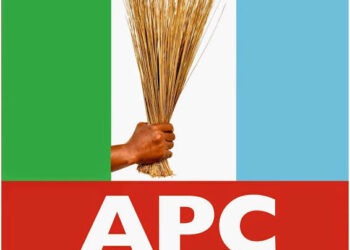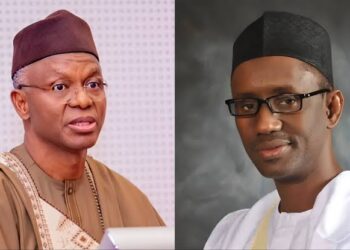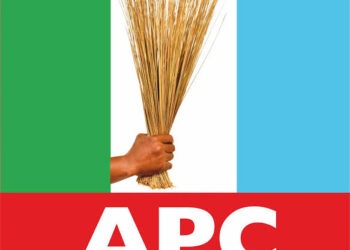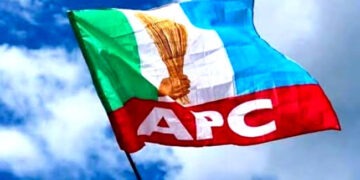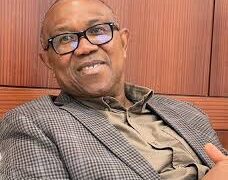The Federal Government has expressed strong disappointment over the recent strike action taken by resident doctors. This move has added a layer of tension between the government and the Nigerian Association of Resident Doctors (NARD), who have been demanding action regarding the kidnapping of one of their colleagues.
On Thursday, the Federal Ministry of Health and Social Welfare issued a stern warning that it would implement the “no-work-no-pay” rule against resident doctors who are participating in the strike. The strike, which is set to last for seven days, is a protest over the continued captivity of Ganiyat Popoola, a registrar at the National Eye Centre in Kaduna. Mrs. Popoola was abducted in December 2023, along with her husband and nephew.

According to Ado Bako, the ministry’s Assistant Director of Information and Public Relations, the government’s decision to enforce the “no-work-no-pay” rule is a direct response to the strike action. Bako’s statement underscored the government’s frustration, noting that the strike is happening despite ongoing negotiations aimed at resolving the issues raised by the doctors.
The ministry had hoped to address the doctors’ concerns through dialogue rather than through industrial action.
The ministry has stressed its commitment to improving the safety and working conditions of healthcare workers, including resident doctors.
Significant progress has reportedly been made in recent negotiations, and the government has demonstrated a willingness to address many of NARD’s concerns in good faith. Despite these efforts, the decision by NARD to proceed with the strike has been labeled as “deeply regrettable” by the ministry.
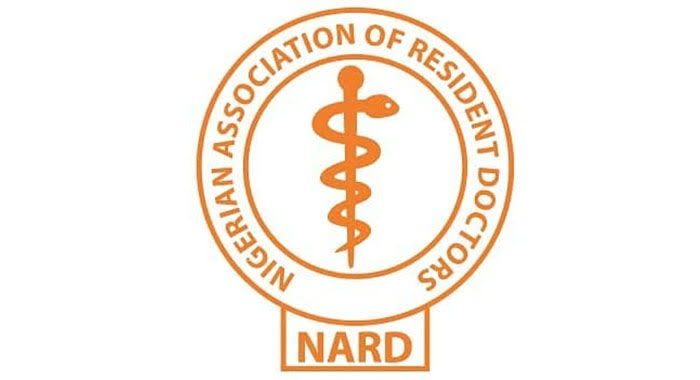
In response to the strike, the Federal Ministry of Health and Social Welfare has made it clear that it will apply the “No Work, No Pay” rule. This rule will deduct pay for the days that doctors participate in the strike, in line with existing labor laws. The ministry is calling on all resident doctors to return to the negotiating table to work together on finding lasting solutions to the challenges facing the healthcare sector.
NARD, led by President Dele Abdullahi, began the strike to press for the release of their abducted colleague, Ganiyat Popoola. Abdullahi emphasized that the strike would be “total,” meaning that members would cease to provide all forms of medical care during this period. This action highlights the seriousness of their demands and their frustration with what they perceive as government inaction over the kidnapping.
The abduction of Mrs. Popoola and her family has been a significant concern for the medical community. While her husband was released after a ransom was paid, Mrs. Popoola and her nephew remained in captivity. The continued detention of these individuals has amplified the urgency of the situation and has driven NARD to take drastic measures in their protest.
The strike has not only affected healthcare services but also added to the strain on the healthcare system, which has been under pressure due to various challenges. The government has reiterated its openness to constructive dialogue and is committed to working with all stakeholders to achieve a fair and sustainable resolution to the issues at hand.
The government is taking a firm stance against the resident doctors’ strike by enforcing the “no-work-no-pay” rule. At the same time, it remains committed to addressing the concerns of the healthcare workers through ongoing negotiations. The situation underscores the broader issues within the healthcare sector and the need for effective communication and resolution strategies to ensure that both the welfare of healthcare workers and the needs of patients are met.



